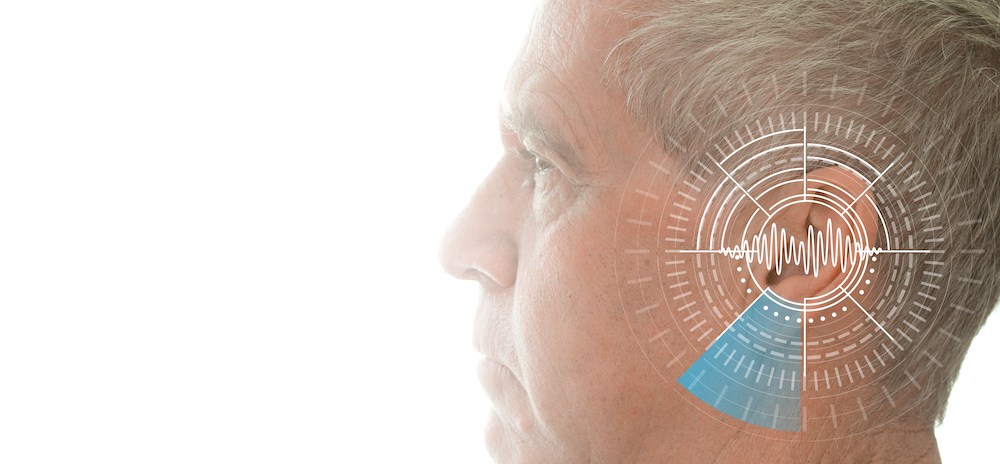Extending the Longevity of Your Hearing Aids
Ensuring your hearing aids last long is essential for keeping them working


Ensuring your hearing aids last long is essential for keeping them working

Most individuals with hearing loss can improve their hearing with the help

Hearing aid repairs are a fundamental part of wearing hearing devices.